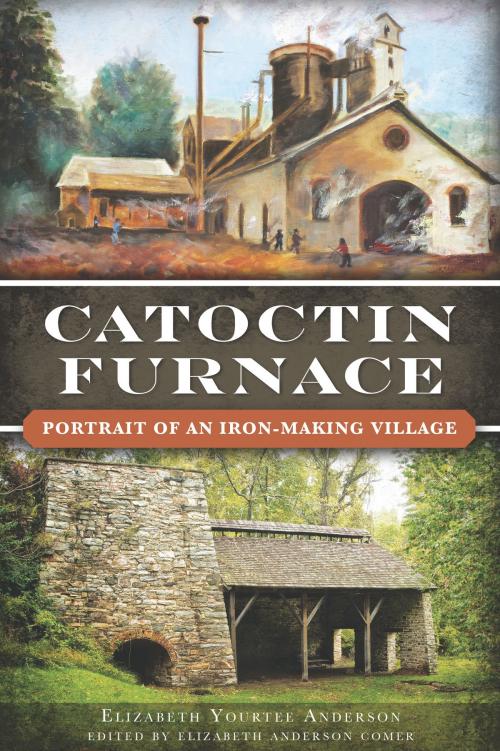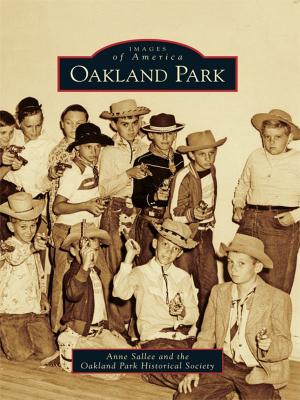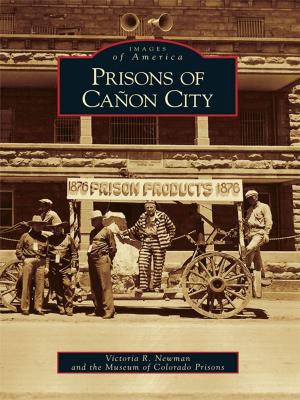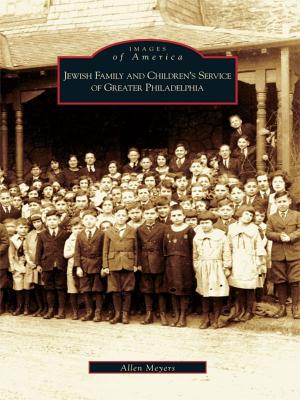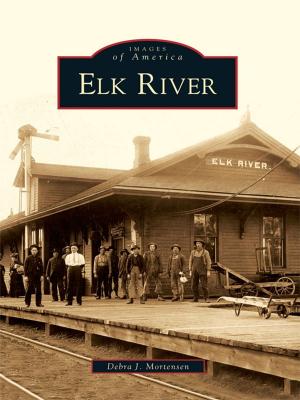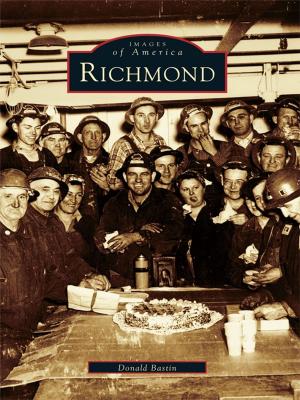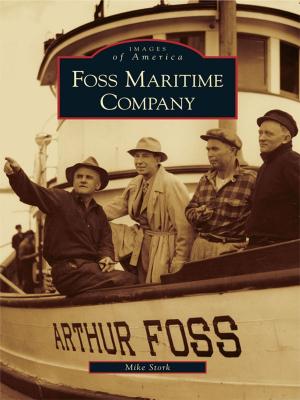| Author: | Elizabeth Yourtee Anderson | ISBN: | 9781625840714 |
| Publisher: | Arcadia Publishing Inc. | Publication: | February 19, 2013 |
| Imprint: | The History Press | Language: | English |
| Author: | Elizabeth Yourtee Anderson |
| ISBN: | 9781625840714 |
| Publisher: | Arcadia Publishing Inc. |
| Publication: | February 19, 2013 |
| Imprint: | The History Press |
| Language: | English |
On the eve of the American Revolution, the Johnson brothers founded Catoctin Furnace near present-day Thurmont. Catoctin iron was turned into bombshells used against the British at the Battle of Yorktown. After the colonies won their independence, business boomed for the ironworks. The labor of African slaves and European immigrants produced household goods, tools and stoves for the young country. A small iron-making village evolved around the industry, and though the furnace closed in 1903, its legacy is still remembered and celebrated today. It was rescued from imminent destruction in the 1960s and is now listed on the National Register of Historic Places. This proud history was chronicled in full by beloved local historian Elizabeth Yourtee Anderson. Discover the story of Catoctin Furnace, which for more than 130 years helped define the industry, history and culture of western Maryland.
On the eve of the American Revolution, the Johnson brothers founded Catoctin Furnace near present-day Thurmont. Catoctin iron was turned into bombshells used against the British at the Battle of Yorktown. After the colonies won their independence, business boomed for the ironworks. The labor of African slaves and European immigrants produced household goods, tools and stoves for the young country. A small iron-making village evolved around the industry, and though the furnace closed in 1903, its legacy is still remembered and celebrated today. It was rescued from imminent destruction in the 1960s and is now listed on the National Register of Historic Places. This proud history was chronicled in full by beloved local historian Elizabeth Yourtee Anderson. Discover the story of Catoctin Furnace, which for more than 130 years helped define the industry, history and culture of western Maryland.
